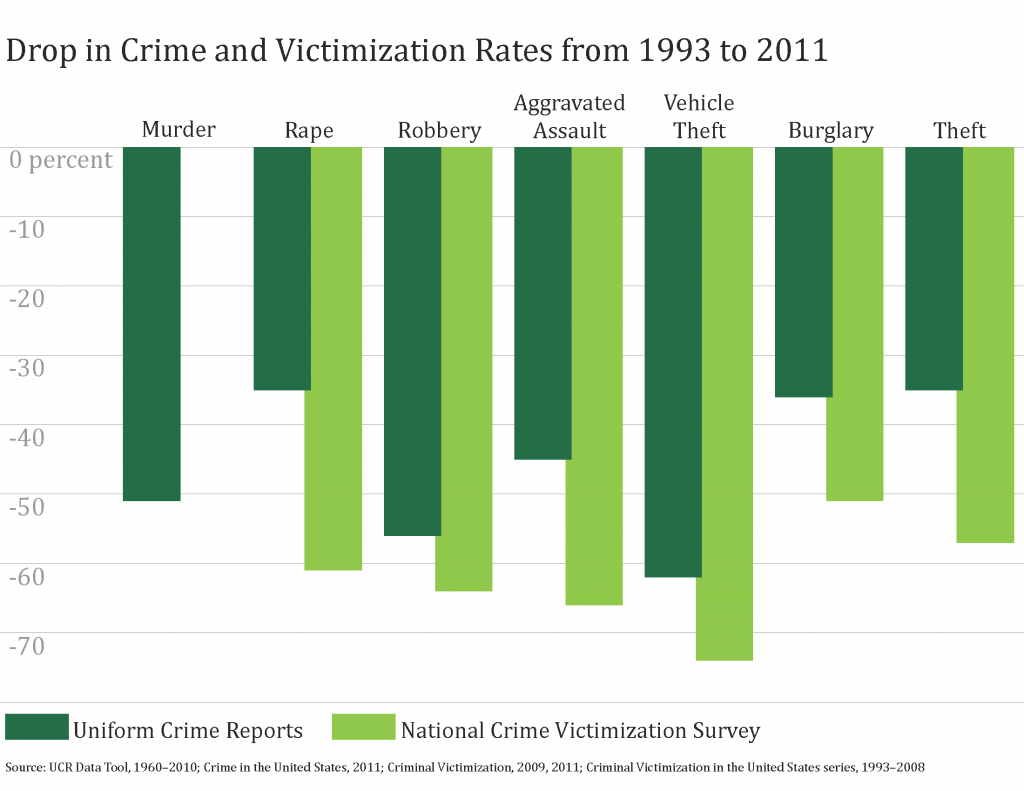
The homicide rate has been steadily, albeit slowly, declining in the United States and Western Europe for several decades. Researchers have pointed to various social and economic factors that account for variations in the homicide trends, including “decommodification”: the extent to which individuals are protected from market forces. In particular, Robert Merton’s strain/anomie theory predicts that the murder rate is dependent on the extent to which cultural expectation and social structure are in balance. Here, a society in which social life is heavily dictated by economic pressures would likely have a higher prevalence of criminal activity.
Following this theory, social welfare support, an attempt to buffer individuals from the economic turmoil of the market, could function to decrease the prevalence of crime. Patricia L. McCall and Jonathan R. Brauer empirically examine this possibility using homicide (one of the most reliable measures of criminal activity—underreporting is a less pressing issue than in other types of crime) and economic data from 29 European countries from 1994 to 2009.
McCall and Brauer find that levels of welfare support within a country (measured by an index that incorporates total welfare expenditure per capita, health care, and unemployment support) is associated with a decrease in the homicide rate, controlling for numerous other economic indicators and the age structure of the country. Further, the researchers find that the effects of these changes are not apparent right away. The effect of increased social welfare support has a 2-3 year lag, meaning that an increase in welfare spending in 1990 would not be reflected in lower homicide rates until 1992-1993.
McCall and Brauer’s analysis suggests that protecting individuals from the forces of the market via robust a robust social welfare net may not only decrease the extent of inequality in a nation, but also the prevalence of homicide. This finding highlights how the anti-austerity measures many European nations have implemented have not only changed economic conditions, but also the social conditions of many citizens. While McCall and Brauer caution that welfare spending is not a solution to a nation’s homicide problem, increased social support won’t hurt.

Comments 1
Grampa. Dale Brauer Sr. — January 17, 2016
Very good grandson Jono your grampa is Very proud of you.